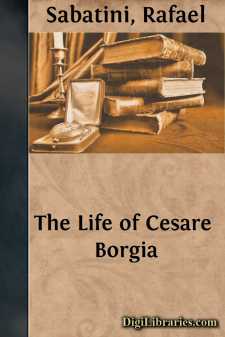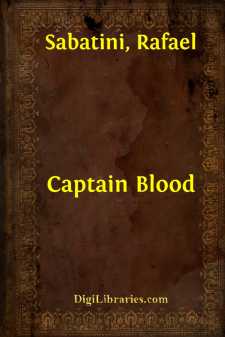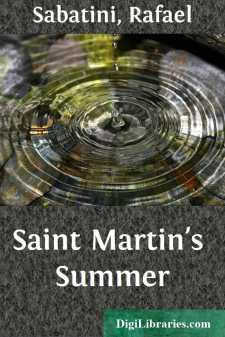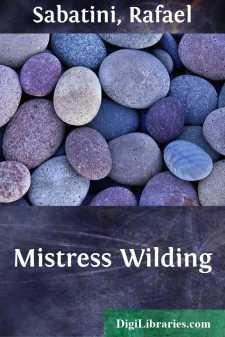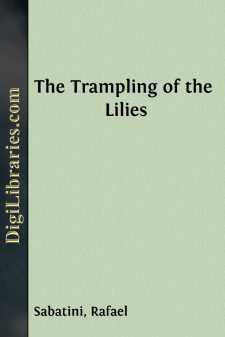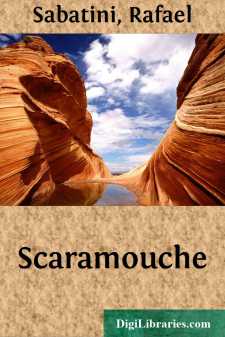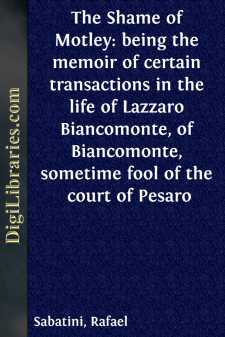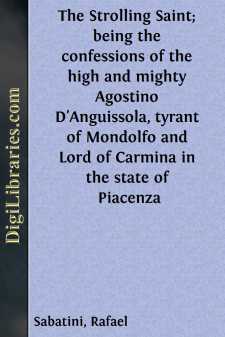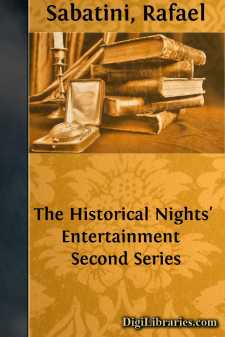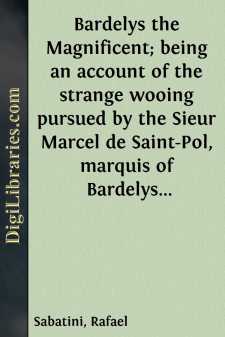Categories
- Antiques & Collectibles 13
- Architecture 36
- Art 48
- Bibles 22
- Biography & Autobiography 813
- Body, Mind & Spirit 142
- Business & Economics 28
- Children's Books 14
- Children's Fiction 11
- Computers 4
- Cooking 94
- Crafts & Hobbies 4
- Drama 346
- Education 46
- Family & Relationships 57
- Fiction 11829
- Games 19
- Gardening 17
- Health & Fitness 34
- History 1377
- House & Home 1
- Humor 147
- Juvenile Fiction 1873
- Juvenile Nonfiction 202
- Language Arts & Disciplines 88
- Law 16
- Literary Collections 686
- Literary Criticism 179
- Mathematics 13
- Medical 41
- Music 40
- Nature 179
- Non-Classifiable 1768
- Performing Arts 7
- Periodicals 1453
- Philosophy 64
- Photography 2
- Poetry 896
- Political Science 203
- Psychology 42
- Reference 154
- Religion 513
- Science 126
- Self-Help 84
- Social Science 81
- Sports & Recreation 34
- Study Aids 3
- Technology & Engineering 59
- Transportation 23
- Travel 463
- True Crime 29
The Life of Cesare Borgia
by: Rafael Sabatini
Categories:
Description:
Excerpt
PREFACE
This is no Chronicle of Saints. Nor yet is it a History of Devils. It is a record of certain very human, strenuous men in a very human, strenuous age; a lustful, flamboyant age; an age red with blood and pale with passion at white-heat; an age of steel and velvet, of vivid colour, dazzling light and impenetrable shadow; an age of swift movement, pitiless violence and high endeavour, of sharp antitheses and amazing contrasts.
To judge it from the standpoint of this calm, deliberate, and correct century—as we conceive our own to be—is for sedate middle-age to judge from its own standpoint the reckless, hot, passionate, lustful humours of youth, of youth that errs grievously and achieves greatly.
So to judge that epoch collectively is manifestly wrong, a hopeless procedure if it be our aim to understand it and to be in sympathy with it, as it becomes broad-minded age to be tolerantly in sympathy with the youth whose follies it perceives. Life is an ephemeral business, and we waste too much of it in judging where it would beseem us better to accept, that we ourselves may come to be accepted by such future ages as may pursue the study of us.
But if it be wrong to judge a past epoch collectively by the standards of our own time, how much more is it not wrong to single out individuals for judgement by those same standards, after detaching them for the purpose from the environment in which they had their being? How false must be the conception of them thus obtained! We view the individuals so selected through a microscope of modern focus. They appear monstrous and abnormal, and we straight-way assume them to be monsters and abnormalities, never considering that the fault is in the adjustment of the instrument through which we inspect them, and that until that is corrected others of that same past age, if similarly viewed, must appear similarly distorted.
Hence it follows that some study of an age must ever prelude and accompany the study of its individuals, if comprehension is to wait upon our labours. To proceed otherwise is to judge an individual Hottentot or South Sea Islander by the code of manners that obtains in Belgravia or Mayfair.
Mind being the seat of the soul, and literature being the expression of the mind, literature, it follows, is the soul of an age, the surviving and immortal part of it; and in the literature of the Cinquecento you shall behold for the looking the ardent, unmoral, naïve soul of this Renaissance that was sprawling in its lusty, naked infancy and bellowing hungrily for the pap of knowledge, and for other things. You shall infer something of the passionate mettle of this infant: his tempestuous mirth, his fierce rages, his simplicity, his naïveté, his inquisitiveness, his cunning, his deceit, his cruelty, his love of sunshine and bright gewgaws.
To realize him as he was, you need but to bethink you that this was the age in which the Decamerone of Giovanni Boccaccio, the Facetiae of Poggio, the Satires of Filelfo, and the Hermaphroditus of Panormitano afforded reading-matter to both sexes....


